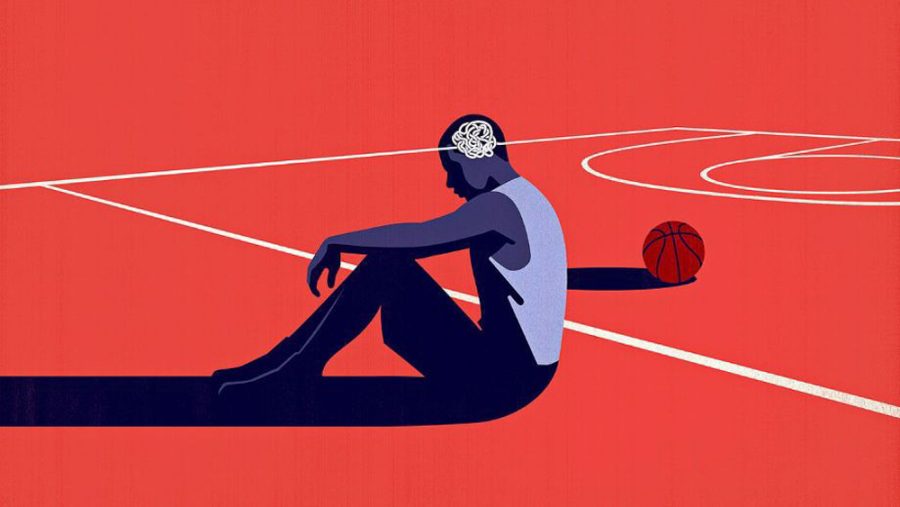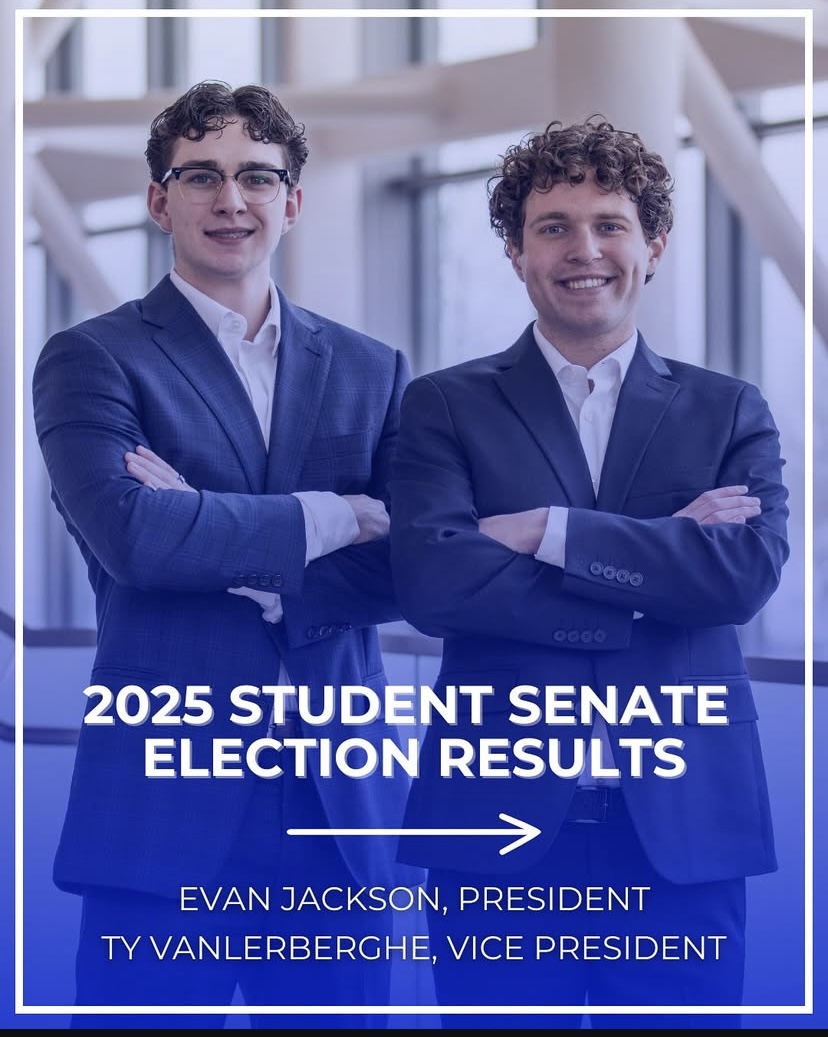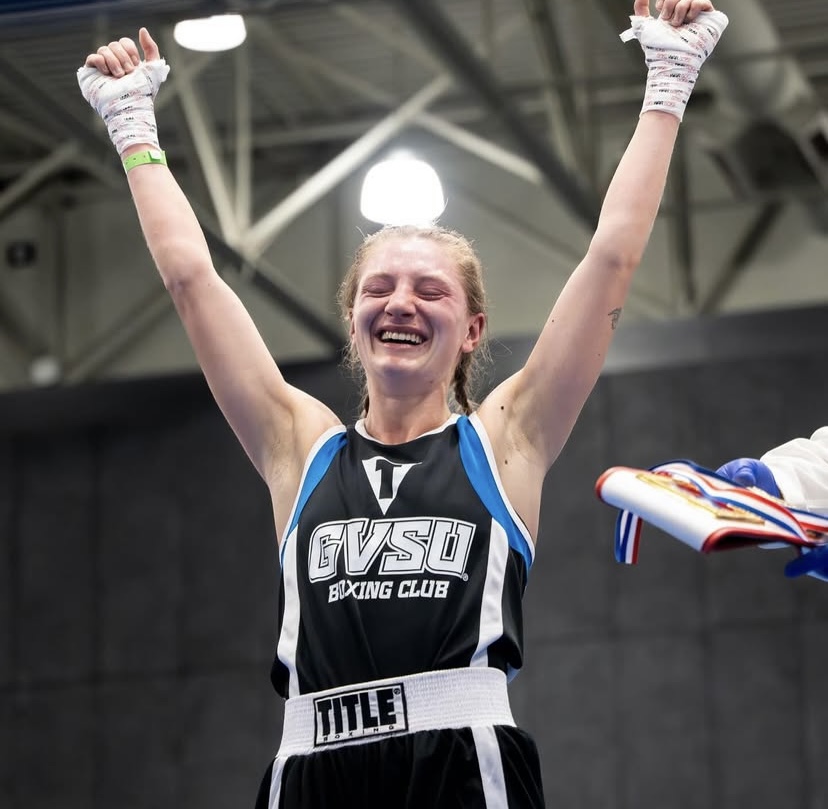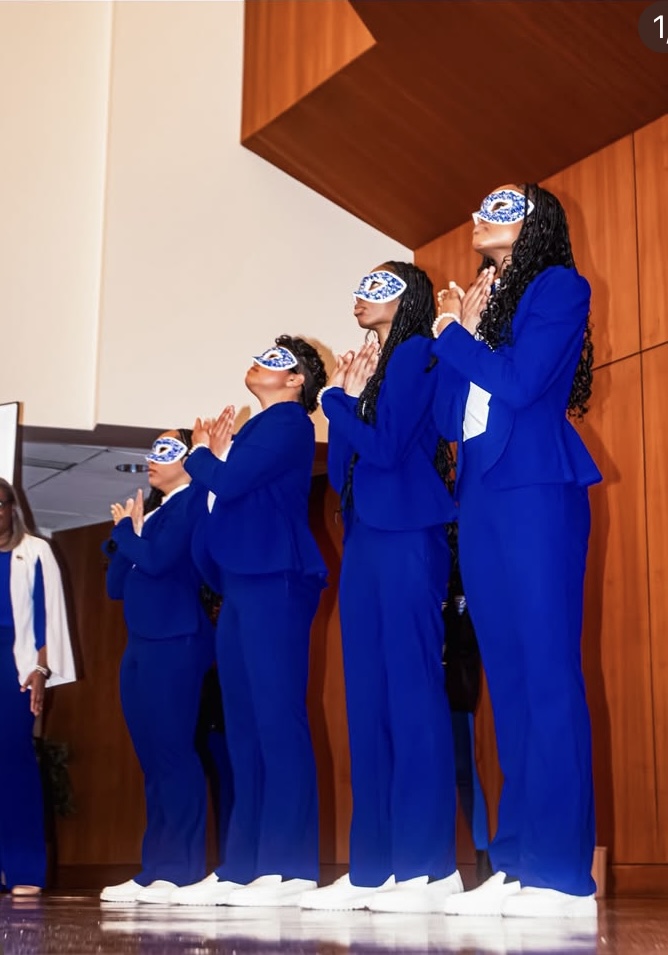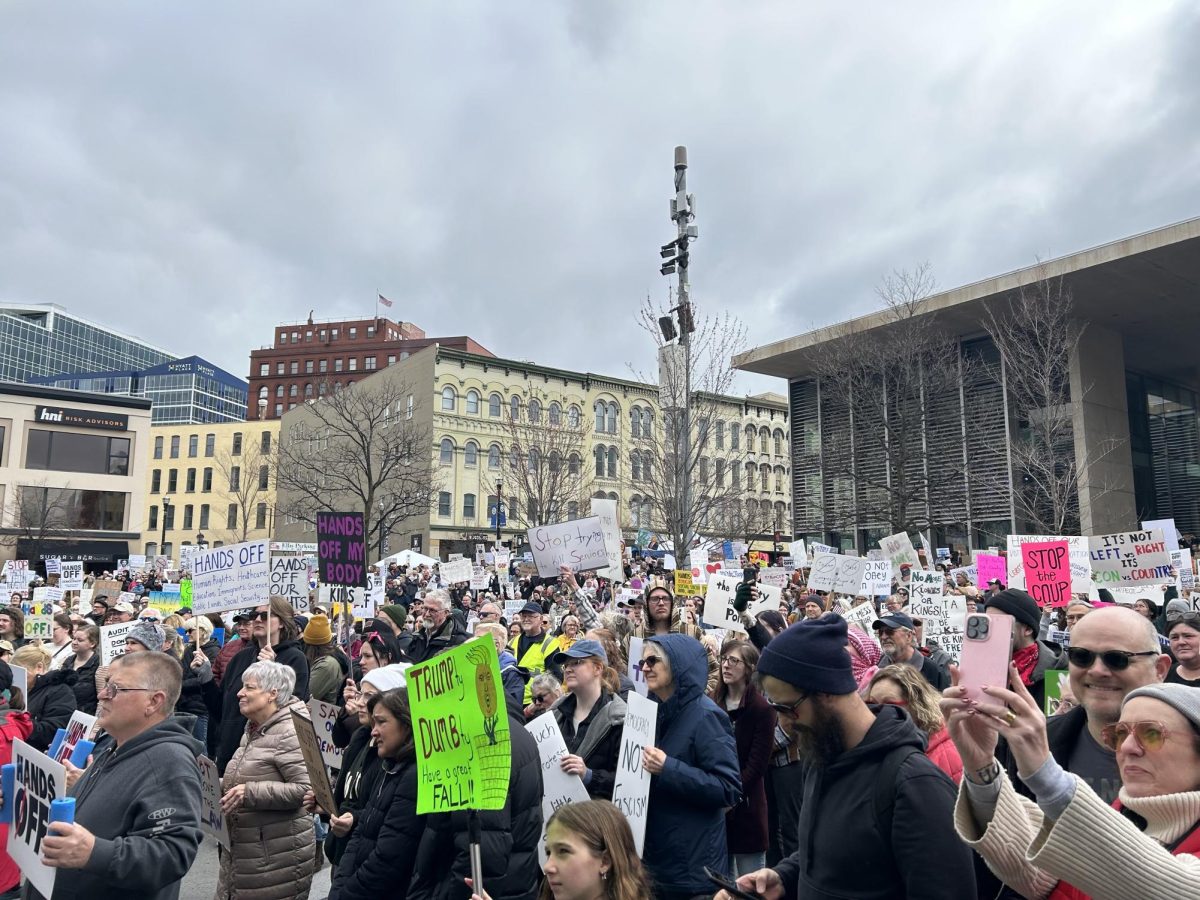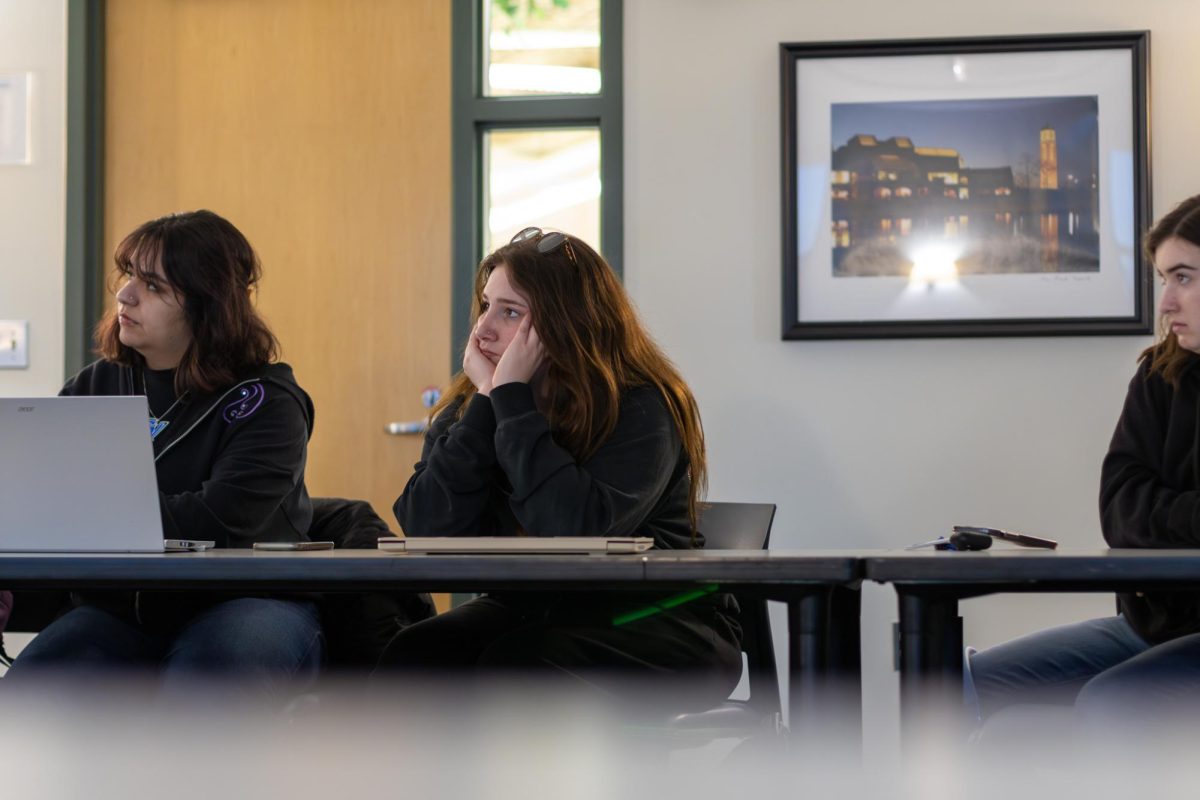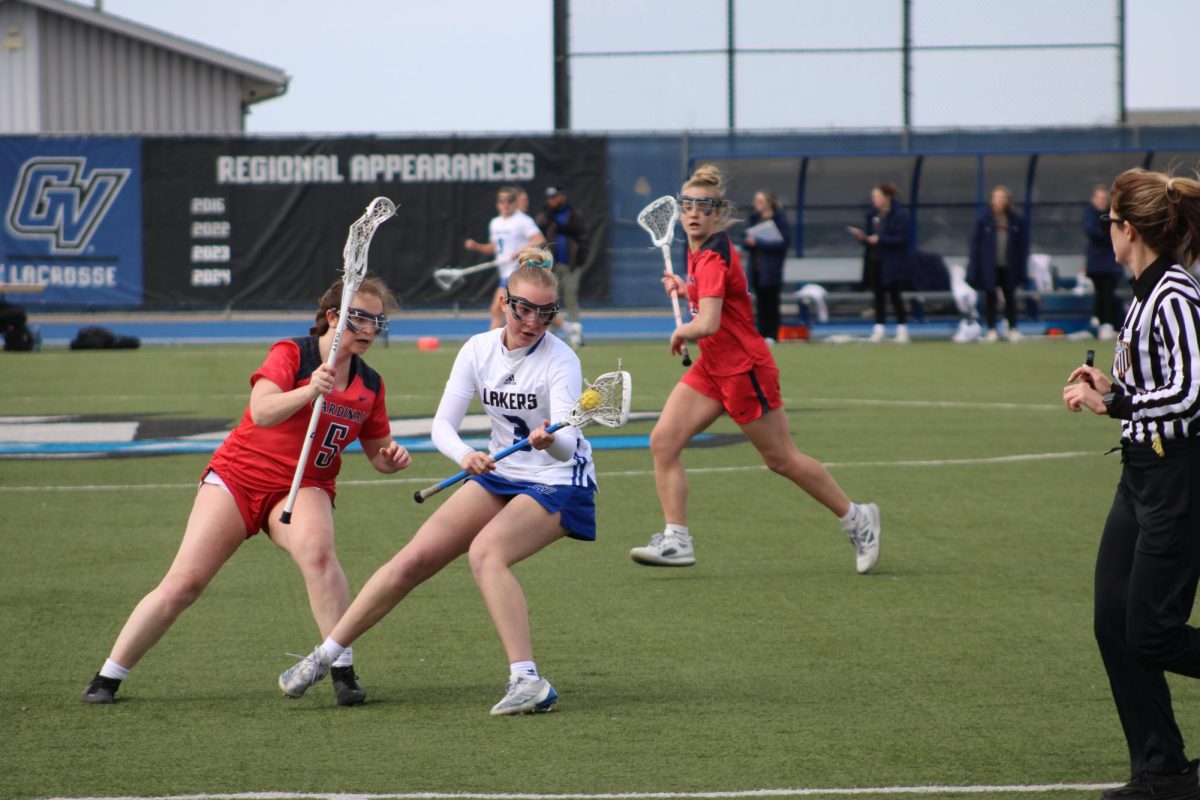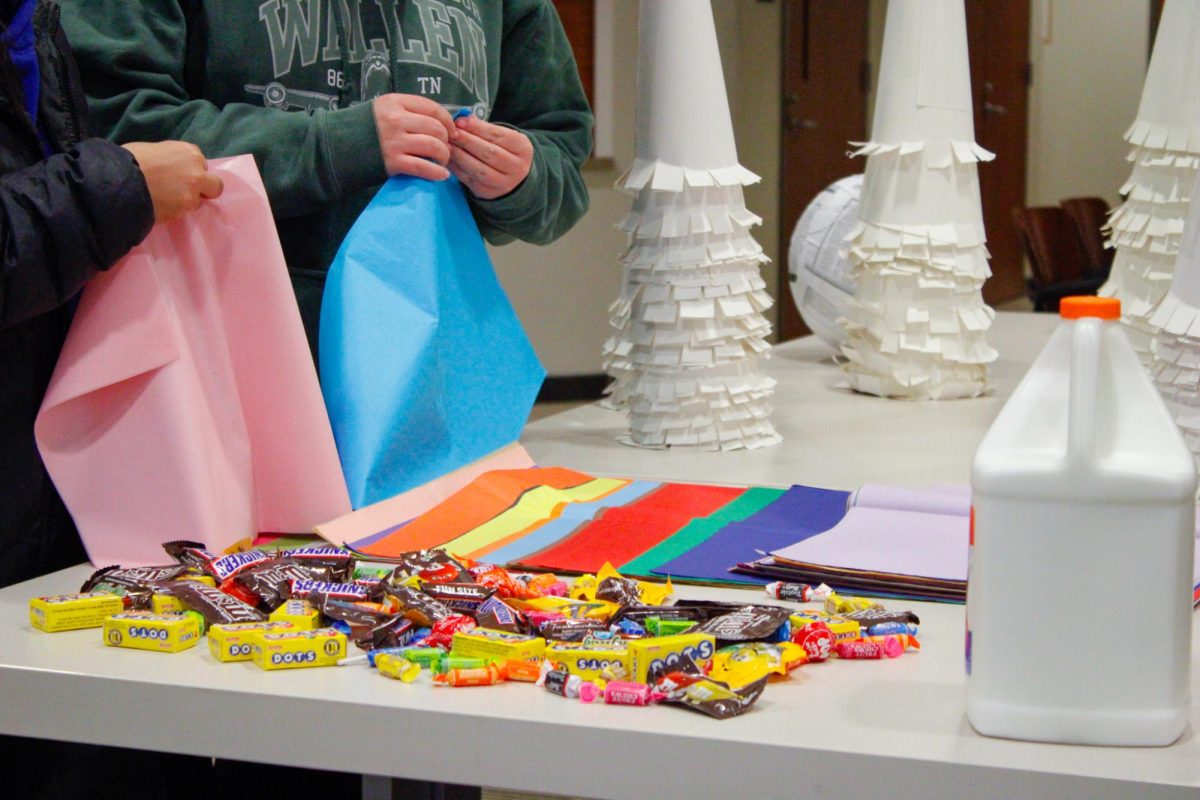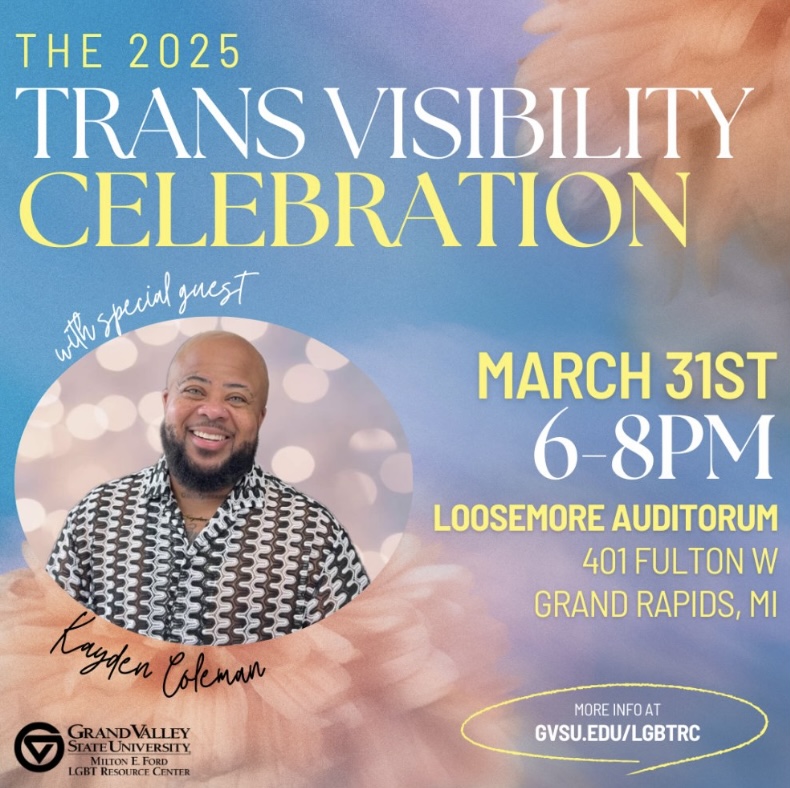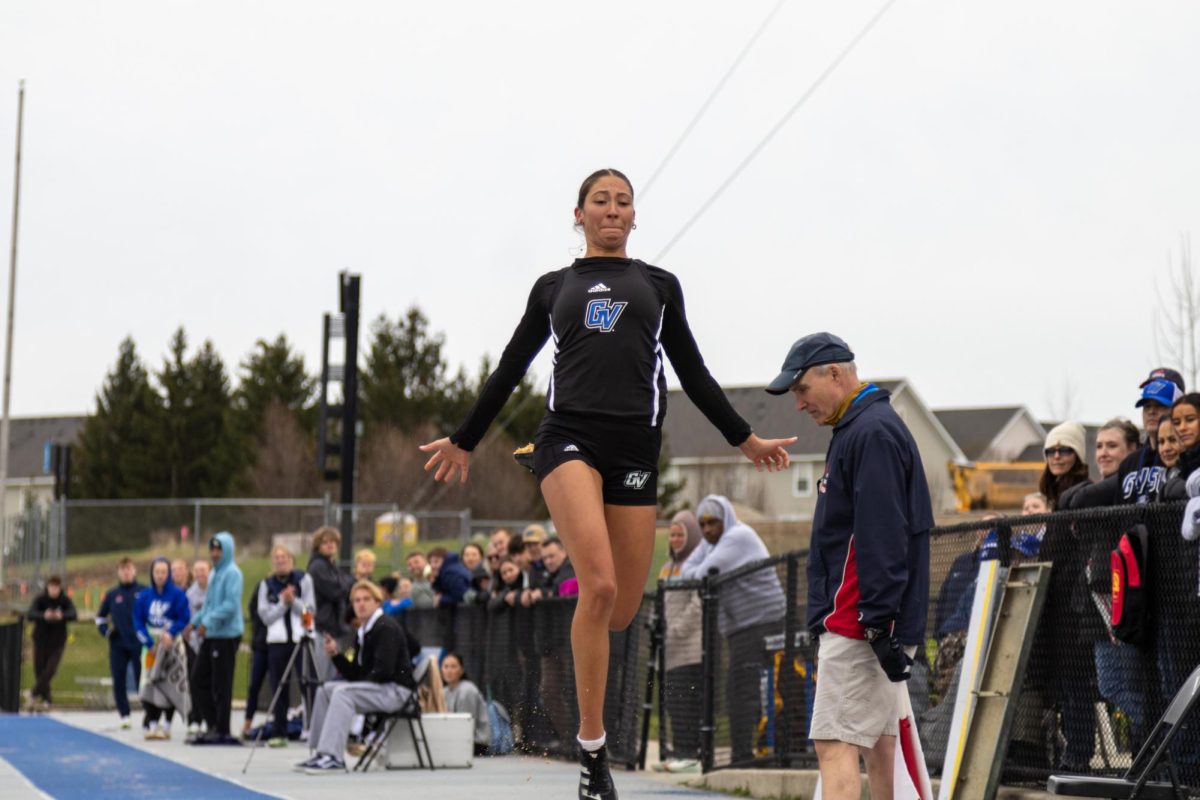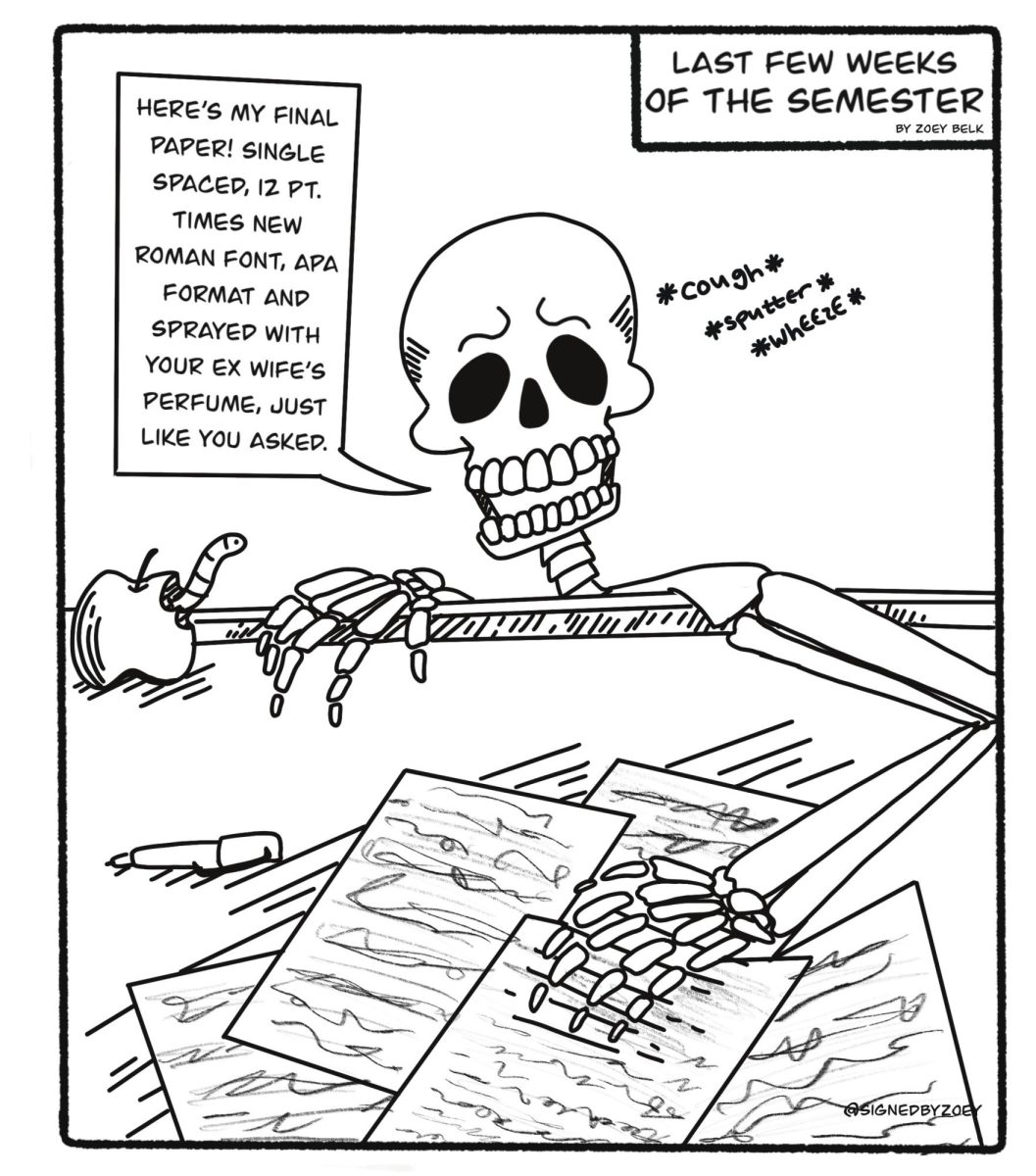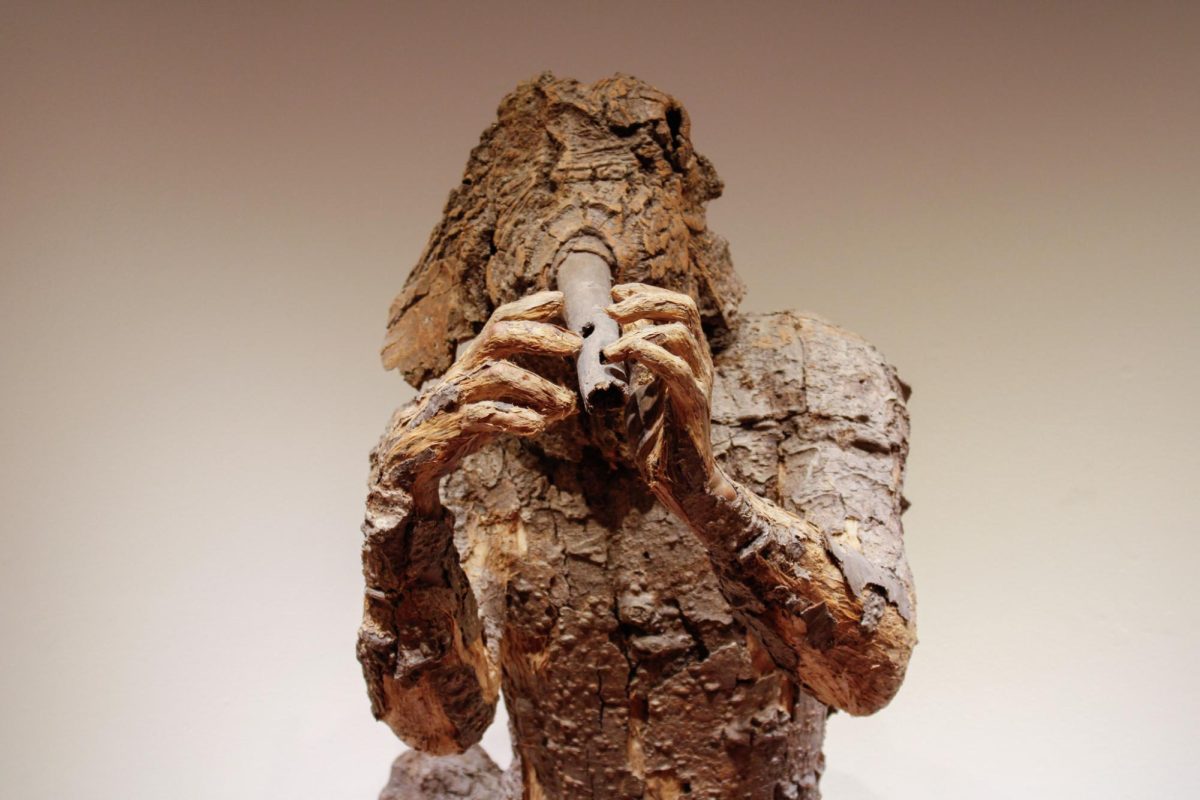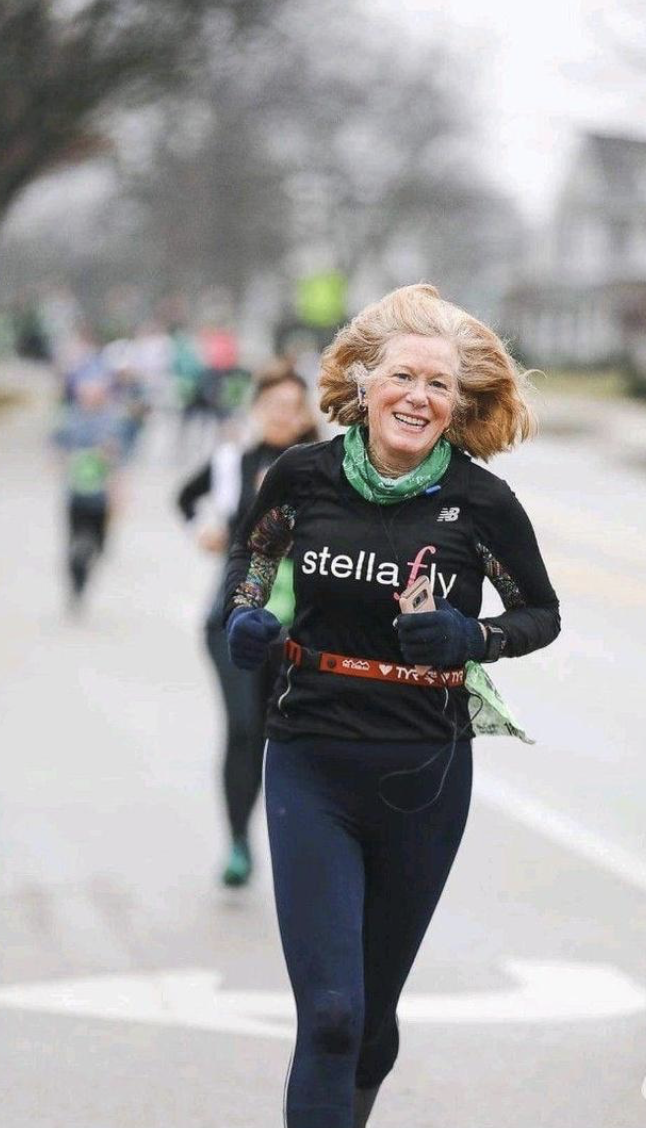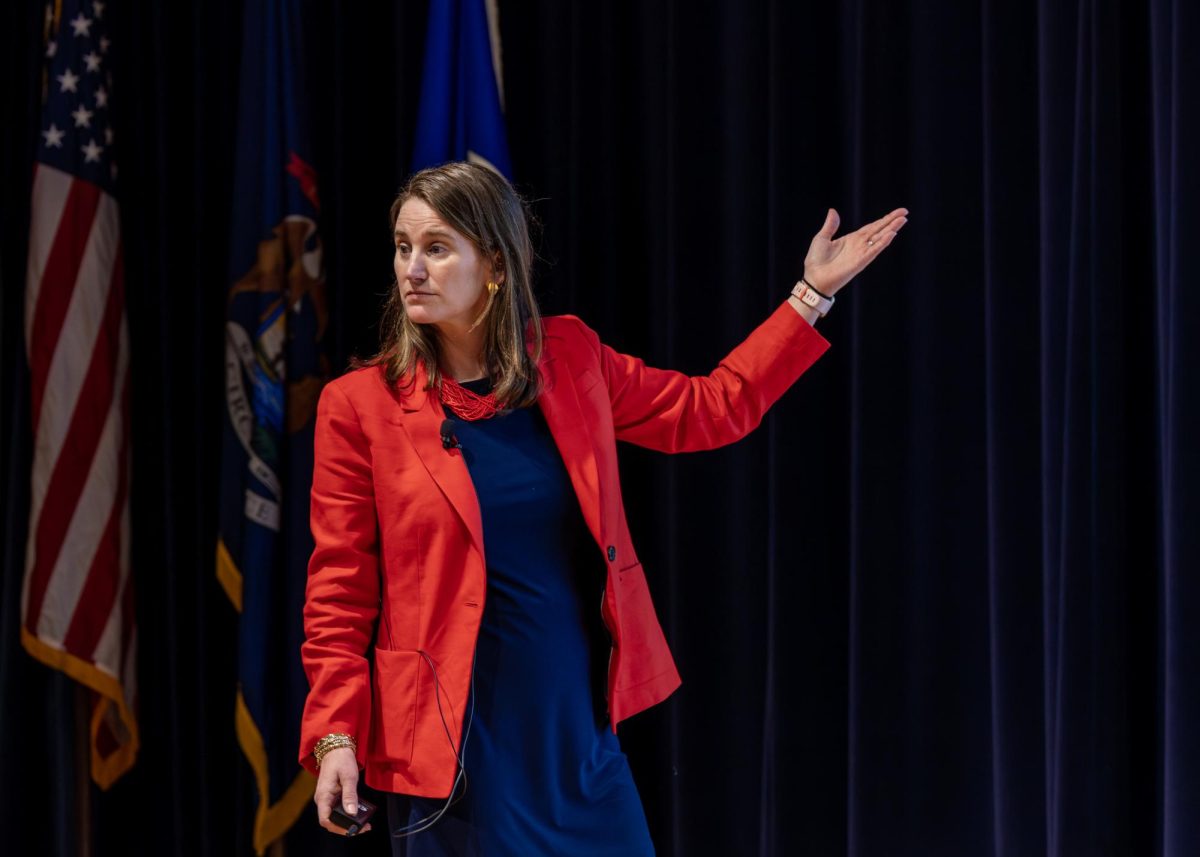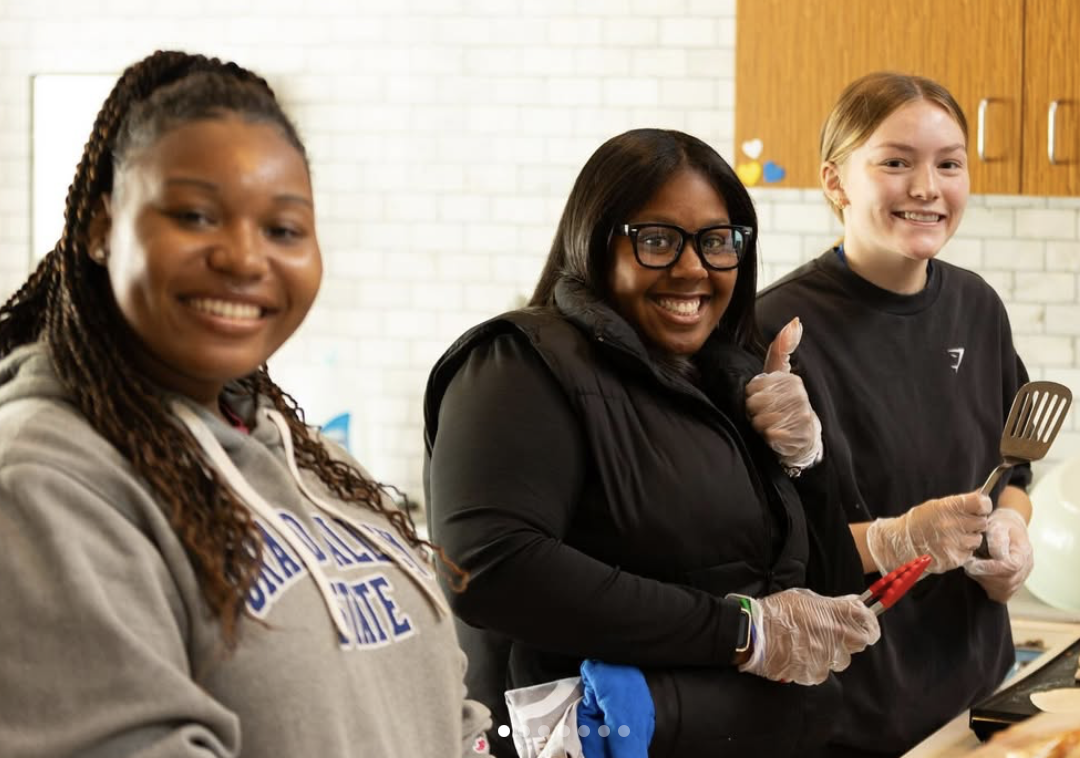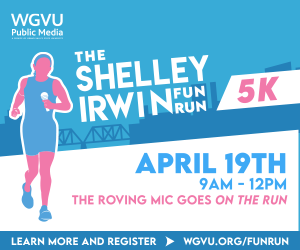Mental health in sports, from the big leagues to GV
Nov 29, 2021
As the number one form of entertainment in countries across the globe, sports are often rated and promoted based on how good a team is, the star player’s performance, and who’s set to win championship titles. A huge issue in the sports industry that many fans and managers tend to overlook is the mental health of the athletes. The athletes entertaining fans at home and in the stands night-in and night-out have just begun to come forward and make their mental health struggles known, introducing a conversation much overdue.
Recently, fans of sports have seen major athletes such as tennis player Naomi Osaka, Olympic gymnast Simone Biles, and NBA star DeMar DeRozan speak out on the lack of focus on worrying about the athlete’s mental health, instead of how well they are performing. For Osaka and Biles, it was so bad that they had to drop out of major events such as the Wimbledon and the Olympics.
Chicago Bulls guard DeMar DeRozan even went as far as to create a docuseries titled “The Me You Can’t See” that delved into the mental health and well-being of star athletes with the goal of helping people gain a better understanding of what athletes go through on a day-to-day basis.
It’s not just an issue that professional athletes have to deal with– although their performances appear on a much more public platform– it’s something that can affect athletes at any level: pro, collegiate, even high school.
Grand Valley State University women’s soccer team sophomore midfielder Alexa Morello is a student-athlete majoring in pre-medicine. For Morello, this means having to juggle practice, games, schoolwork and the pressure of being a contributor on a no.1 ranked team.
“I think as a student-athlete it’s definitely different for everyone,” Morello said. “It’s having to balance the pressures of performing your best every single day, pushing others, and having to be yelled at on the field because others want to push you too. That in addition to schoolwork; it’s hard to be your best every single day with all the stressors and pressures that are on you.”
With the issue of mental health becoming more and more relevant and brought to the public light, GVSU decided to create a program for athletes called Laker Listen. This program is made so athletes on any sports team have an advocate on the team called an “anchor,” to serve as a resource for their teammates to listen and help if they are ever in need.
Morello says this is a program that Laker athletes can use, and if they don’t, it can also help them find other resources that GVSU offers such as free counseling services through the university.
During the year off for COVID-19 mental health became even more of a priority for Morello who decided to focus on all aspects of her health more while she had the time to learn exactly how. She started a health and wellness page on Instagram called “Lexi.Lifestyle” to share her journey figuring things out with her health.
Morello says that this is another way that she works on her personal web-being, along with eating the right foods and sharing her tips with others who may be looking for the same thing.
While programs like Laker Listen and docuseries such as DeRozan’s are helping pave the way towards a better future for athletes, there still is a lot of ground that needs to be covered. Fans can’t just be worried about the physical health of their favorite players, their mental game is just as important as their physical game, so creating a more accessible conversation around mental health are the first steps in the right direction.





